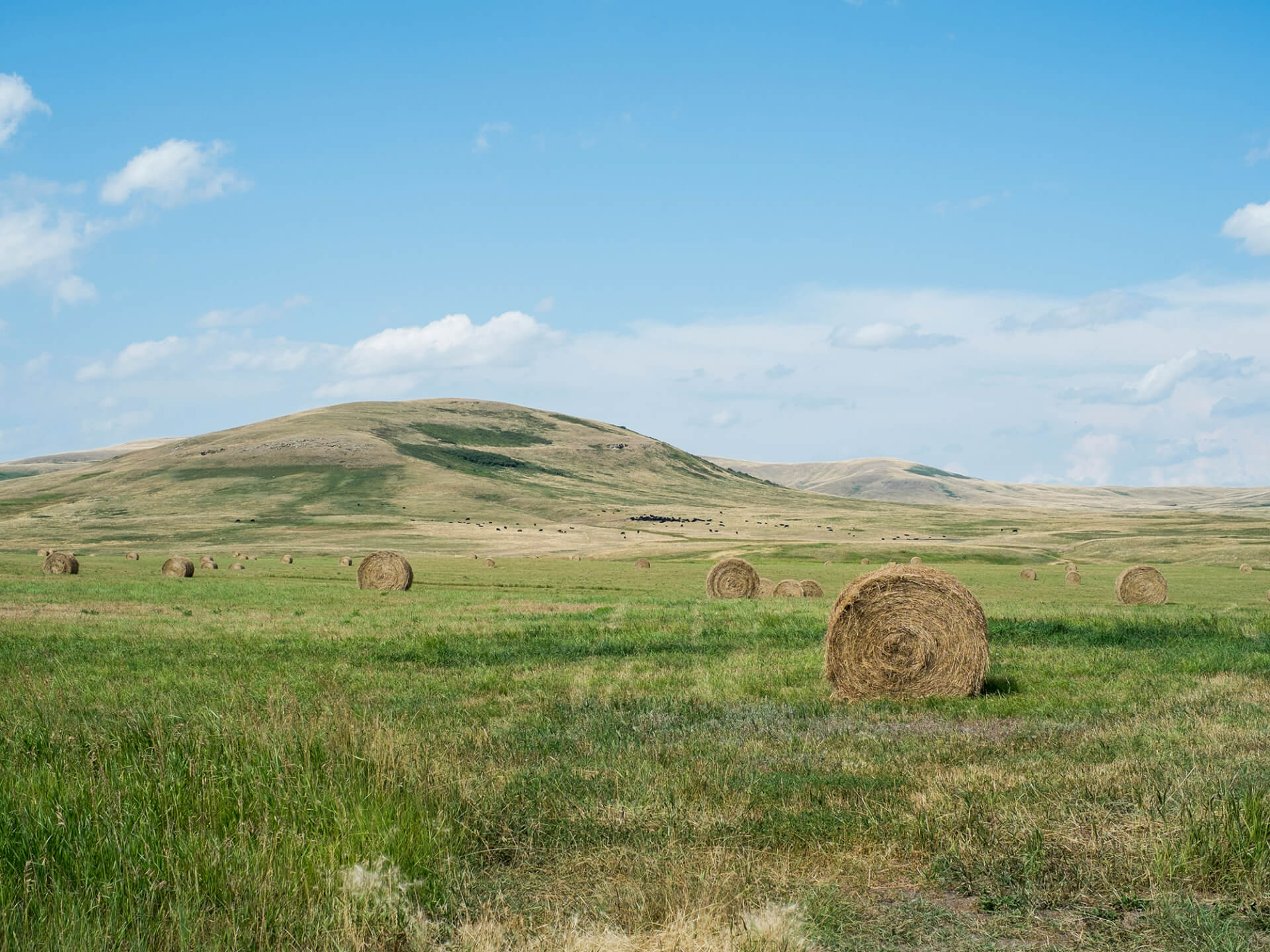In a world increasingly dominated by screens and synthetic experiences, reconnecting with nature has never been more important. But what if we could bring the essence of the wild into our everyday lives, starting with the words we use? Rewilding your vocabulary is about reclaiming the beauty, depth, and richness of nature-inspired language. It’s a way to infuse your conversations, writing, and thoughts with the vitality of the natural world. Let’s explore six simple yet powerful ways to rewild your vocabulary and reconnect with the earth through words.
1. Learn the Names of Local Flora and Fauna
Start by getting to know the plants and animals in your area. Instead of saying “tree,” specify whether it’s an oak, maple, or birch. Instead of “bird,” identify it as a robin, sparrow, or blue jay. This not only deepens your connection to your surroundings but also fosters a sense of place and belonging.
Pro Tip: Carry a pocket field guide or use a nature app to help you identify species during your walks.
2. Incorporate Nature Metaphors into Daily Speech
Nature is full of metaphors that can enrich your language. For example, instead of saying “I’m tired,” you could say, “I feel like a wilted flower in need of sunlight.” This not only paints a vivid picture but also aligns your thoughts with the rhythms of the natural world.
3. Use Descriptive Words Inspired by Nature
Swap generic adjectives for nature-inspired ones. Instead of “beautiful,” try “lush,” “pristine,” or “vibrant.” Instead of “calm,” use “serene,” “tranquil,” or “still as a forest pond.” These words evoke imagery and emotions tied to the natural world, making your language more evocative and alive.
4. Adopt Words from Indigenous Languages
Many indigenous languages have words that beautifully capture the essence of nature. For example, the Hawaiian word “pana” refers to a sacred or deeply meaningful place, while the Inuit word “iktsuarpok” describes the anticipation of waiting for someone while constantly looking outside. Incorporating such words into your vocabulary can deepen your appreciation for nature’s nuances.
5. Create a Nature Word Journal
Keep a journal dedicated to nature-inspired words. Write down words you encounter in books, poems, or conversations that evoke the natural world. Over time, this journal will become a treasure trove of linguistic inspiration, helping you rewild your vocabulary organically.
6. Practice Mindful Nature Observation
Spend time in nature and observe it mindfully. Notice the way sunlight filters through leaves, the sound of a babbling brook, or the scent of rain on soil. As you observe, describe these experiences in detail, either aloud or in writing. This practice will naturally expand your nature vocabulary and sharpen your awareness of the world around you.
Why Rewild Your Vocabulary?
Rewilding your vocabulary is more than just a linguistic exercise—it’s a way to reconnect with the natural world and cultivate a deeper appreciation for its wonders. By infusing your language with nature-inspired words, you not only enrich your communication but also foster a sense of harmony and mindfulness in your daily life.
Best Time to Start Your Rewilding Journey
The best time to begin rewilding your vocabulary is now! Whether it’s spring, when nature is in full bloom, or winter, when the landscape is serene and quiet, every season offers unique inspiration. Start small, and let your love for nature guide your words.
Cost of Rewilding Your Vocabulary
The beauty of rewilding your vocabulary is that it’s completely free! All it takes is curiosity, observation, and a willingness to explore the natural world. Whether you’re walking in a park, reading a book, or simply gazing out your window, the opportunities to learn and grow are endless.
Final Thoughts
Rewilding your vocabulary is a joyful and transformative journey. It’s about reclaiming the words that connect us to the earth and using them to express our love for the natural world. So, take a step outside, breathe in the fresh air, and let the language of nature flow through you. Your words—and the world—will be richer for it.



Leave a Reply